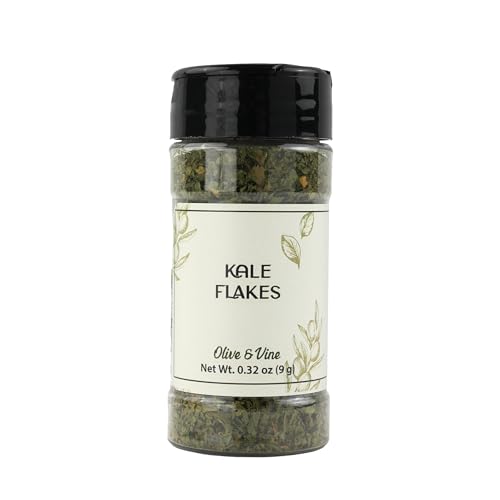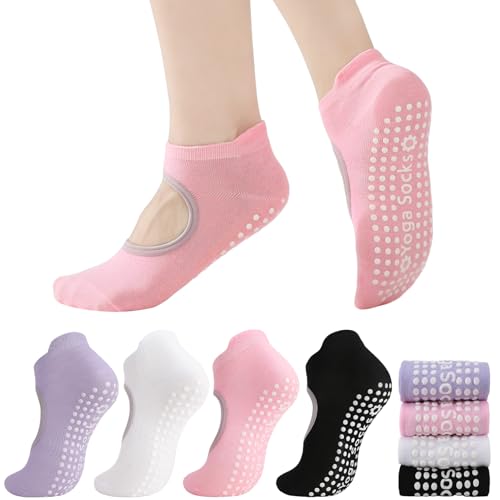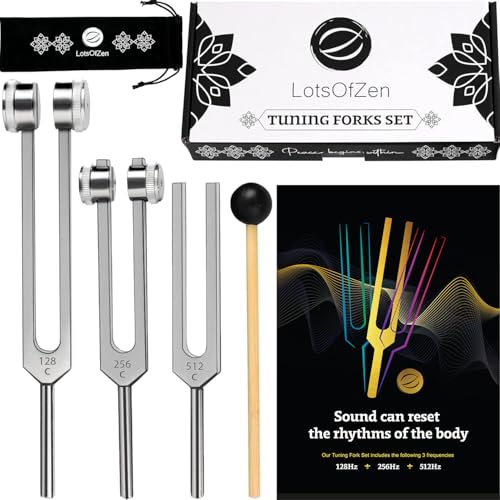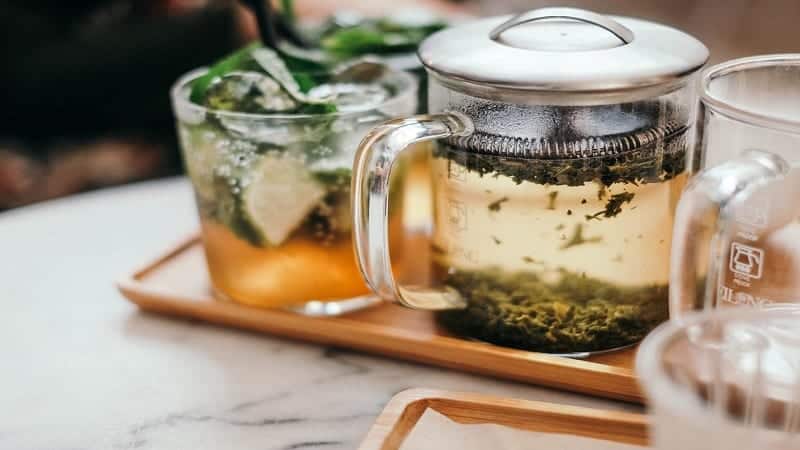If you’re an athlete, then you’re no stranger to a strict routine and intense training. Training takes a toll on the body and the mind, and you must refuel your body and allow yourself to recover. Superfoods are absolutely essential for you!
Superfoods are foods that are packed with nutrition. They have a combination of vitamins, minerals, antioxidants, healthy carbs and fats, amino acids, and proteins. As an athlete, you must know how important it is that your diet is full of superfoods that will allow you to maximize your potential.
We’ve got a list of superfoods for athletes that you need to add to your diet if you haven’t already. These foods will allow you to fuel your body and help it perform at its full capacity.
1. Milk
Milk has a combination of protein, fat, and carbohydrates. It is also rich in vitamins and nutrients, as well as having a high concentration of calcium.

If you’re trying to gain weight and build muscle, then milk is a great protein. It provides both whey proteins and casein proteins. When you increase your intake of milk alongside a weight-lifting routine, you can increase your muscle weight. Also, when carbs and proteins are consumed together in the same food, they increase the rate at which muscle tissues are repaired.
Drinking one or two cups of whole fat milk in a day can be a quick and easy way to gain weight. You can have the milk for breakfast, as a snack between meals, or right after a workout session. You could also have milk with cereal for breakfast or make some delicious and fun smoothies with fruits and nuts.
2. Oatmeal
Oatmeal is one of the best foods athletes should eat to nourish the body and maintain a good cholesterol level. Oatmeal is high in fiber content, complex carbohydrates, and protein. It also has a low glycemic index, which means that it contains carbohydrates that the body takes longer to break down and raises the body’s blood sugar levels slowly. Oatmeal provides a sustained release of energy to the body, which is great for athletes, especially runners.
Make sure to choose plain, rolled oats or a steel-cut option for a healthier alternative. Try not to get instant oats or prepackaged oats that contain additives and sugar. You can eat oatmeal for breakfast or add it to puddings and desserts.
3. Eggs
Eggs are delicious, versatile, and cheap, and one of the best superfoods for athletes.
Eggs are one of the best muscle-building foods that we can have! Eggs have a great combination of healthy fats and protein. Just one egg with a shell has about 75 to 80 calories and 7 grams of complete protein. Eggs contain all eight amino acids that are essential for building and repairing muscle.
When it comes to eggs, it is important to eat the whole egg. The yolk is where most of the nutrients are stored. If you like eggs, you can easily eat up to three eggs in a day. For athletes and bodybuilders looking to gain muscle weight, you can have up to six eggs a day!
Eggs are such a versatile food and can be eaten in so many ways. Breakfast is a popular option, whether it’s an omelet with cheese or veggies or hard-boiled. Eggs also go great in salads, sandwiches, and casseroles. They’re a great after-workout snack and can easily be had on the go.
4. Kale
Vegetables are packed with nutrients and have a very low-calorie count. They contain antioxidants and are full of different vitamins. Leafy greens like kale have high vitamin A, C, K, B6, calcium, and iron.
The antioxidant-rich vegetable helps regulate the body’s inflammatory process, and the high fiber content helps lower cholesterol.
A great way to incorporate kale into your diet is by having it in a salad! Just add some kale leaves to your regular salads, or have a side of kale with your dinner. Many people prefer having a kale smoothie in the morning for breakfast or kale chips to snack on throughout the day.
5. Chia Seeds
Chia seeds contain high levels of antioxidants, omega-3s fatty acids, magnesium, calcium, and potassium. All of these are essential nutrients that athletes require. Just one tablespoon of the seeds contains 6 grams of protein, 6 grams of carbs, and 6 grams of fiber!
Chia seeds increase energy in the body and maintain hydration while reducing inflammation. They slow down the absorption of sugar into the bloodstream, meaning that they help you maintain your energy levels and build up endurance.
Chia seeds can be added to smoothies, puddings, or even just plain water. Take a look at some easy chia seed recipes to help you incorporate chia seeds into your diet.
6. Nuts
Nuts are one of the foods athletes should eat for healthy fiber and fats. Just a small handful of nuts a day can give you hundreds of calories.
About a quarter cup of almonds contains 160 calories, 4 grams of fiber, 6 grams of protein, and 15 grams of healthy fats. Nuts are extremely calorie-rich and a great healthy way to gain muscle weight. Walnuts are rich in proteins, fiber, antioxidants, and omega-3 fatty acids. They are great for bone health and have anti-inflammatory properties.
It is super easy to add nuts to your everyday diet. You could keep a mix of nuts to snack on or add them to your salads. They also go great in oatmeal and can be sprinkled over your desserts. A lot of people prefer to eat nuts in trail mix or just as a healthy snack. You can get a packet of mixed nuts and snacks on them throughout the day.
The Daily Nuts & Fruits’ Antioxidant Mix (ASIN B077GBXD77) has almonds, cashews, walnuts, hazelnuts, macadamia nuts, pecans, and pistachios in it and is a quick and tasty snack to keep on you.
7. Salmon
Salmon is a nutrient-dense protein full of omega-3 fatty acids and vitamins B12 and B6. The high content of omega-3s reduces inflammation in the body and is valuable for athletes. Salmon has been seen to reduce the risk of heart attacks, strokes, and high blood pressure. Selenium, an antioxidant found in salmon, helps protect the body’s cardiovascular system.
Whether grilled or baked, salmon is a delicious way to get protein and omega-3 fatty acids. You can add this superfood to your diet by cooking up a salmon dinner! Here are some salmon recipes that you can try!
8. Berries
Incorporating berries into your diet is crucial if you are an athlete. They contain high levels of antioxidants, help with cellular regeneration, muscle tissue healing, and recovery post-exercise.
Try choosing berries with the brightest colors, as these berries have more phytochemicals and protective substances. Blueberries, strawberries, raspberries, and cherries are all good options.
Cherries are one of the most antioxidant-rich fruit and provide a wide range of health benefits, as well as performance and recovery benefits for athletes. The post-exercise benefits are astonishing because of the fruit’s natural anti-inflammatory components. Drinking cherry juice has also been seen to reduce muscle pain after exercising.
You can eat berries with your morning cereal, in smoothies and juices, or just on your own.
9. Protein Shakes
If you’re unable to get enough protein from foods such as eggs, meat, and nuts, then you may want to add some protein powder and supplements to your diet. Protein is essential for building muscle and burning fat, and it is one of the most important superfoods for athletes.
Protein shakes are quick and easy to make and can be great to have on the go. Having the shake after a training session is the best way to gain weight and muscle. Some people think whey protein is unhealthy or unnatural, but that is not the case. Whey protein is made from dairy and has been shown to help improve health markers and reduce the risk of disease. Like meats and other animal products, whey protein contains all the essential amino acids required to stimulate muscle growth.
Our favorite protein powder is the Nutricost Whey Protein Concentrate in the flavor Vanilla (ASIN B01KITQEPM). This product doesn’t have any extra sugar or other additives that we want to avoid.
10. Coconut Water
Coconut water is full of potassium and electrolytes. It has vitamin C, which boosts the immune system; vitamin B9 helps the body create new cells; and vitamin B6, which produces amino acids and helps build muscle.
Coconut water is your key to hydration. It helps in recovering faster, prevents cramping, and increases athletic performance. When exercising or playing a sport, athletes can sweat a lot and, as a result, can become dehydrated. Although water is the first and best recommendation for fluid intake, coconut water is a great additional source of hydration.
Instead of Gatorade or other vitamin-infused waters, try going for the natural option: coconut water!
11. Sweet Potatoes
Sweet potatoes are rich in slow-digesting carbohydrates, protein and, fiber. One cup of sweet potato contains 4 grams of protein and 7 grams of fiber. They are also rich in vitamins A, B, and C.
Because sweet potatoes have slow-digesting carbohydrates, they are a better and healthier source of carbs than rice or whole-grain pasta. If you are an athlete or have grueling training and workout sessions, sweet potato is a great option for you. Sweet potatoes are low on the Glycemic Index, which means they are more slowly absorbed than refined white carb sources. This can help prevent blood sugar from spiking and crashing, so you have sustained energy throughout the day.
Sweet potato is very easy to add to your diet. It can be eaten with or without the skin and baked, roasted, boiled, fried, or cooked in a pan. It can be eaten in both savory and sweet dishes.
12. Bananas
Bananas are a great snack for before and after a workout or training session. They are full of potassium, carbohydrates, and vitamin B6, and help maintain low blood sugar, regulate digestion and restore any lost electrolytes in the body. Vitamin B6 in bananas is an anti-inflammatory agent that helps prevent cardiovascular diseases.
Bananas can be added to your diet in so many different ways. They’re great on their own as a quick snack and go well with smoothies and desserts. They can even be baked into banana bread. Here are some fun and easy banana recipes that you should try out.
Our Final Thoughts
The food you eat throughout the day has a huge impact on your health and your body. If you are an athlete, training and working out will help you gain strength and muscle, but not without simultaneously adjusting your diet. If you adjust your diet to include more of the foods athletes should eat, such as foods with vitamins, minerals, antioxidants, healthy carbs and fats, amino acids, and proteins, then you are more likely to live a healthier life and achieve your athletic goals.
We hope you found at least a few foods in our list that you think you will like, and give them a try.






















